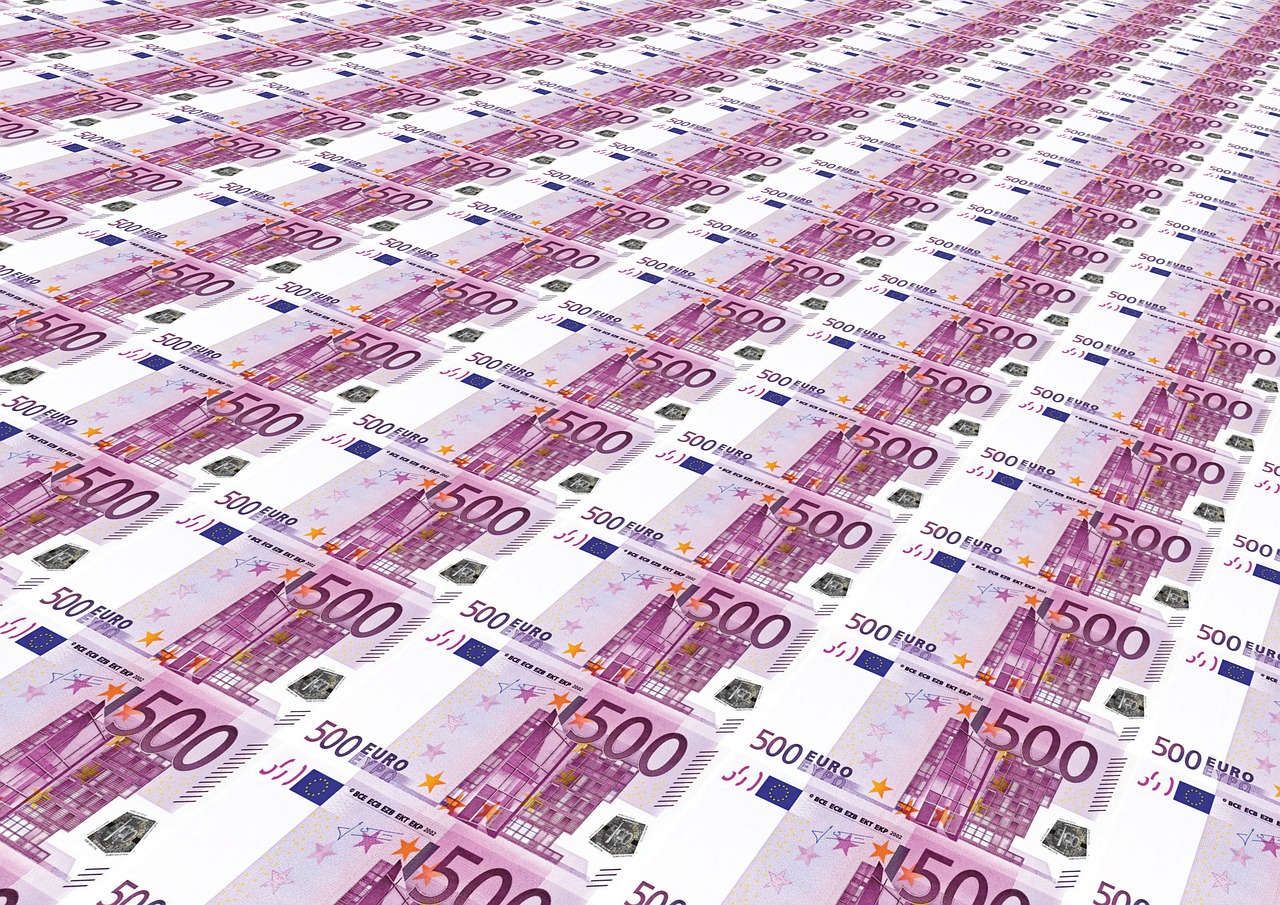The great experiment
By Doug Drabik, Fixed Income, Raymond James
May 2, 2016
We’ve heard the buzz about zero interest rates and the questions flourish here about what would happen. Well Europe may be the example we need to answer those questions. Consider this. Zero interest rates work in Europe, meaning, the low interest rates spur economic activity as low borrowing costs encourage investment which snowballs into company production and consumer spending. Also keep in mind that one of the few drags on the U.S. economy’s moderate growth is that export revenues and other foreign spending are down. If zero interest rates work, it will likely also push U.S. numbers and end the talk of any domestic need for lower rates.
On the other hand, suppose that zero interest rates don’t work in Europe or Asia. Well then what is the case for the U.S. to follow suit with the same failed policy? The signs are that this is what is shaping up. True, when the central banks lower interest rates in a normal economic environment, it spurs investment and consumer spending; however, it seems the point of diminishing returns has been met. This economic environment has been anything but “normal” and the central bank activity has been anything but delicate. Central bank balance sheets have ballooned to never-seen-before levels and efforts to control interest rates have been unremitting. The catch is that it appears their enveloping participation may be signaling economic crisis and therefore consumer reaction appears to be almost opposite of desired results. Typically saving occurs when interest rates are high, but what is happening in the economy under near historic low interest rates looks virtually the same.
The central bank’s ability to control the market seems to have hit a dead end. The seemingly last resort has so far been a failed experiment. Don’t anticipate any such move domestically and don’t expect any miraculous turnaround. It is likely that interest rates may remain low for the near future and that the markets will continue to seek their natural level. Ironically, it may be that we need higher interest rates before we see enough consumer confidence to urge activity.
Copyright © Raymond James














